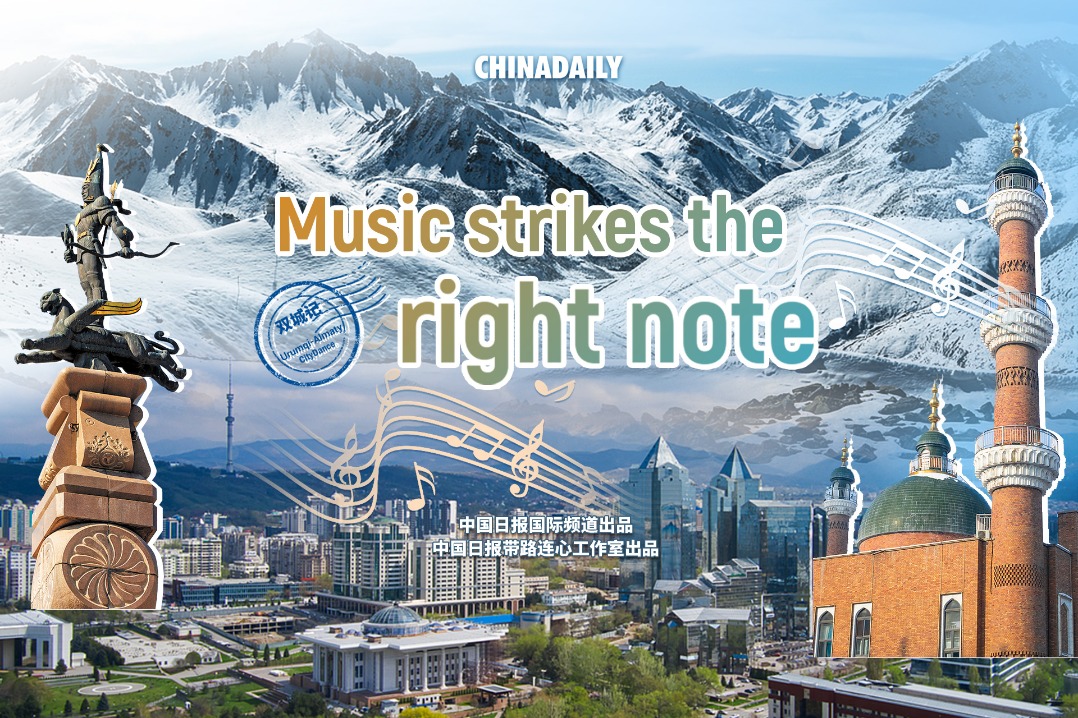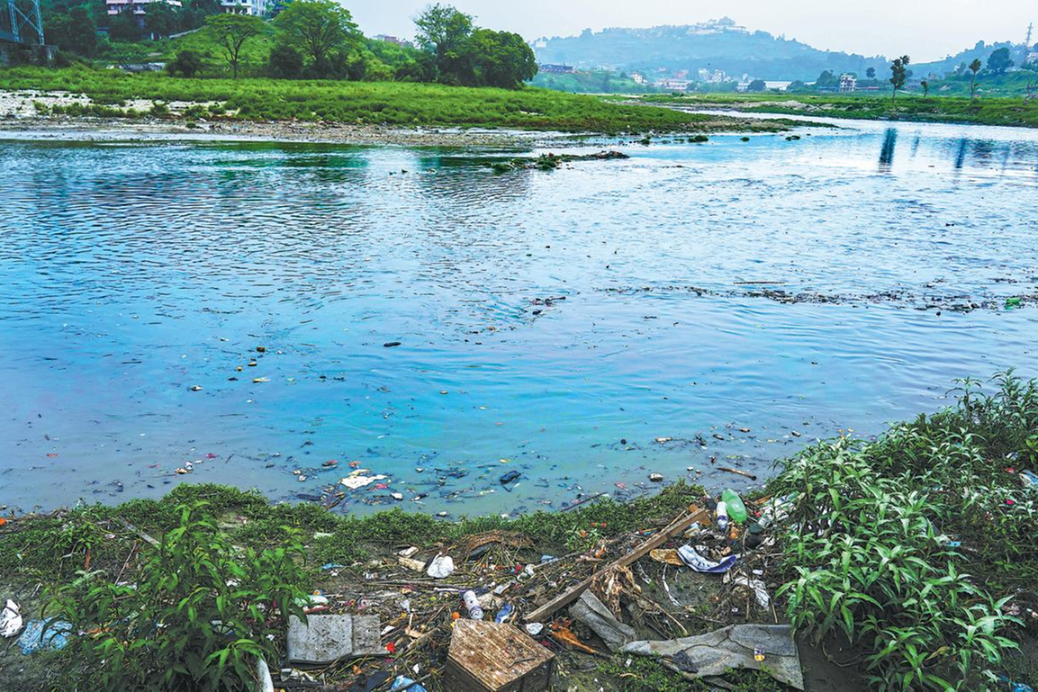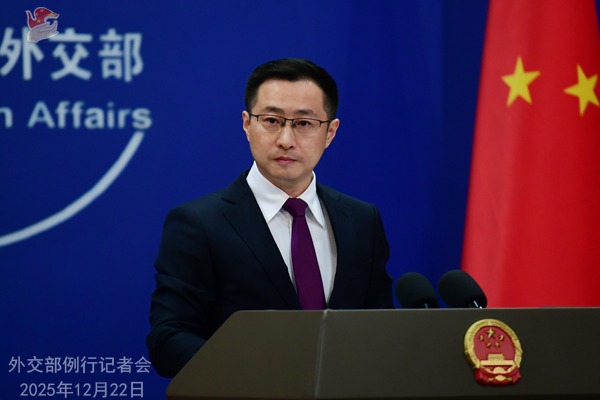EU urged to play bigger role in easing tension in Middle East

After talks in Geneva, Switzerland on Friday about the Israel-Iran conflict yielded little fruit, the European Union has been urged to play a more independent role in peace negotiations, even as the situation in the Middle East worsened following the United States' bombing of nuclear sites in Iran.
"The discussions and proposals made by the Europeans in Geneva were unrealistic. Insisting on these positions will not bring Iran and Europe closer to an agreement," Reuters quoted a senior Iranian official as saying on condition of anonymity.
For Di Dongsheng, dean of the School of Global and Area Studies at Renmin University of China, the continued Israel-Iran conflict has put Europe in an awkward position.
"Relying heavily on the oil exports from the Middle East, Europe now faces a high risk of an energy shortage if the situation worsens and the Strait of Hormuz gets closed," he told China Daily. "Besides, what Israel has been committing in Gaza, recognized by many as a massacre, has aroused quite fierce oppositions from the European people and certain political parties."
Greta Thunberg, the young Swedish climate activist, earlier sailed with others toward Gaza earlier this month, in an attempt to open a humanitarian channel into the region that is under an Israel blockade. She was subsequently deported by Israeli forces.
Yet politically, major European powers stand more with Israel and some right-wing politicians in a number of European nations are almost as closely aligned with Israel as the US, Di said, listing Germany's Chancellor Friedrich Merz and his recent quote in which he thanked Israel for "doing the dirty job for us all" as an example.
Those sorts of attitudes may further split Europe, which is already divided on multiple major issues, he said.
Jian Junbo, director of the Centre for China-EU Relations at Fudan University, said that Iran's peaceful use of nuclear energy had become at the center of the issue. But Jian said Israel potentially ignited a powder keg in the Middle East with its sudden attack on Iran on June 13 after claiming Iran was "funding and directing terrorist activities via its proxies across the Middle East, while advancing toward obtaining a nuclear weapon".
"If the Middle East situation gets out of control, more powers such as the Houthi group and the Kurdish forces might rise there, turning it into bigger chaos," he said. "In that case, Europe's interests will be more fragile."
Mick Wallace, a former member of the European Parliament, said: "Europe is not capable of acting independently today ... This is a big problem for Europe now for as long as Europe fails to adapt an independent policy of its own, the more insignificant Europe will become on the world stage."
He also said that Europe should "condemn this illegal US act of aggression against Iran and EU member states should break off all business links with Israel while they continue to behave as a lawless apartheid state".
President of France Emmanuel Macron wrote on X: "I am convinced that a path exists to end war and avoid even greater dangers. To achieve this, we will accelerate the negotiations led by France and its European partners with Iran."
Kaja Kallas, the EU's foreign affairs chief, posted on X that all sides should step back.
"Iran must not be allowed to develop a nuclear weapon, as it would be a threat to international security," she added.
EU Foreign Ministers will discuss the situation again on Monday, she added.

































